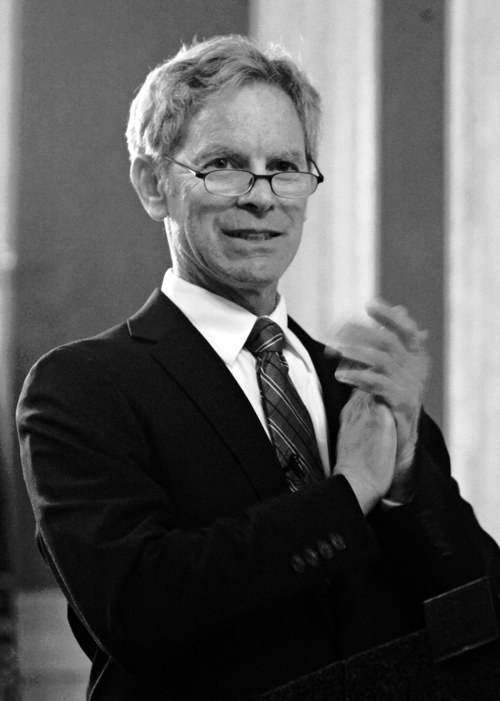This is an archived article that was published on sltrib.com in 2014, and information in the article may be outdated. It is provided only for personal research purposes and may not be reprinted.
Mayor Ralph Becker joined a U.S. State Department delegation in Geneva last week to address the United Nations Human Rights Council (UNHRC) on human rights, marriage equality and homelessness.
Among other things, the council is reviewing the practice of criminalizing homelessness in the United States.
Becker told the UNHRC that Salt Lake City is among U.S. cities that take a humanitarian approach to the treatment of the homeless.
The council's review, which takes place periodically under the International Covenant on Civil and Political Rights (the last review was in 2006), follows a December 2011 report by the Washington, D.C.-based National Law Center on Homelessness & Poverty (NLCHP) and the Allard K. Lowenstein Human Rights Clinic at Yale Law School.
The document, titled "Cruel, Inhuman, and Degrading: Homelessness in the United States Under the International Covenant on Civil and Political Rights" provides "ample reports" of such criminalization, according to Jeremy Rosen, policy director at NLCHP.
"As homelessness becomes more visible in American communities, some, like Salt Lake City, have made generally positive responses," Rosen said in a news release provided by NLCHP. "Unfortunately, we've also seen an increase in communities passing ordinances banning camping or sleeping outdoors, despite providing no alternative, forcing people to make the cruel choice between sleep and being arrested."
On behalf of the U.S. delegation, Becker explained his city's more constructive approach of providing housing rather than criminalizing homelessness. The mayor said he is "surprised when he hears homeless even in the vsame breath as criminalization," according to the news release.
The council will issue its final recommendations to the U.S. government, called Concluding Observations, on March 26.
The mayor also emphasized Salt Lake City's innovative implementation of non-discrimination practices centering on workplace and housing policies, according to a statement from City Hall.
"Mayor Becker has long been a proponent of advancing human rights, leading Salt Lake City in the passing of Utah's first non-discrimination ordinance, domestic partnership registry, and officiating 35 same-sex marriages in Utah in the first hours after gay marriage became legal in December 2013," the statement read in part.
The state halted further same-sex marriages after the U.S. Supreme Court issued a stay pending appeal of the ruling.
Christopher Smart



